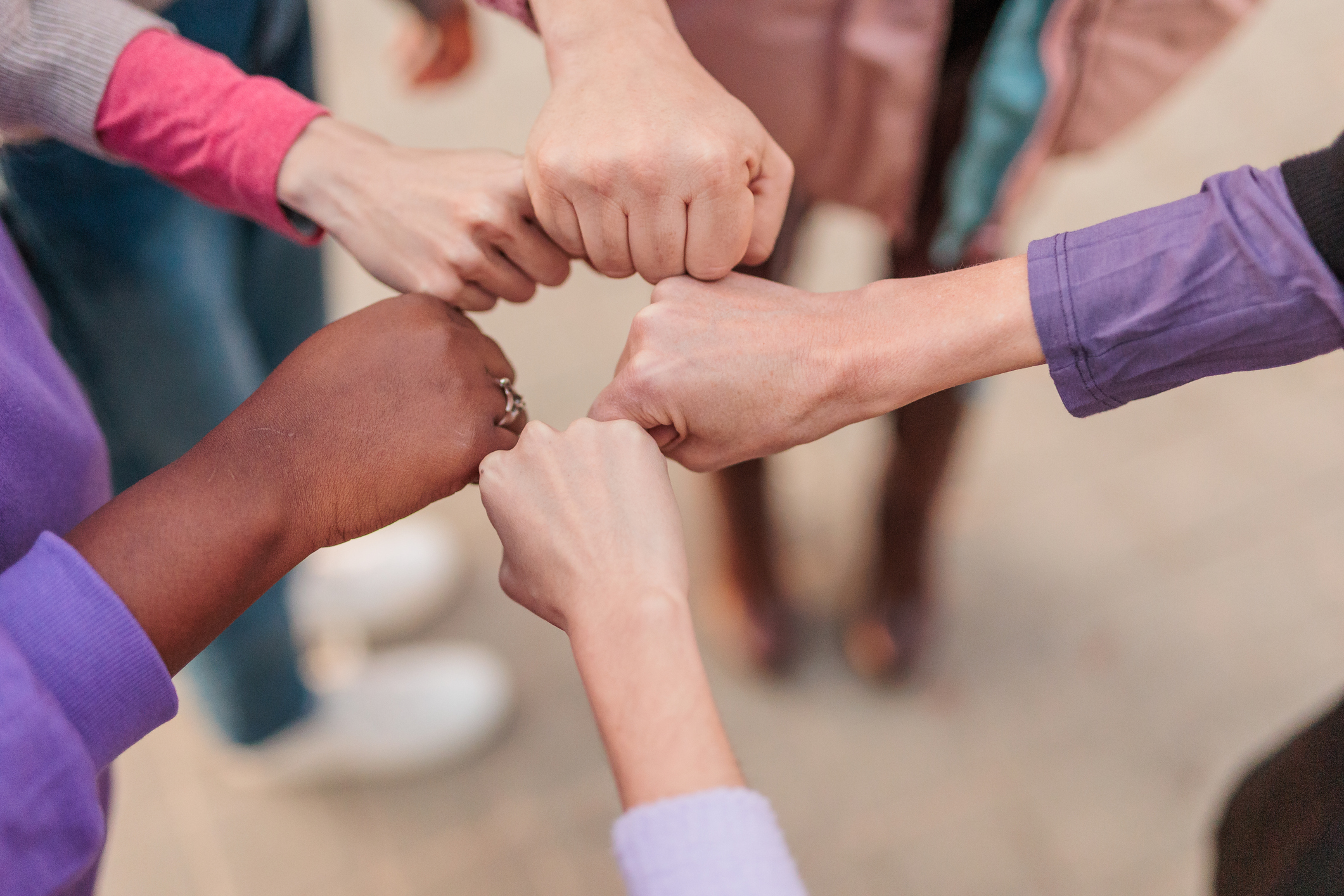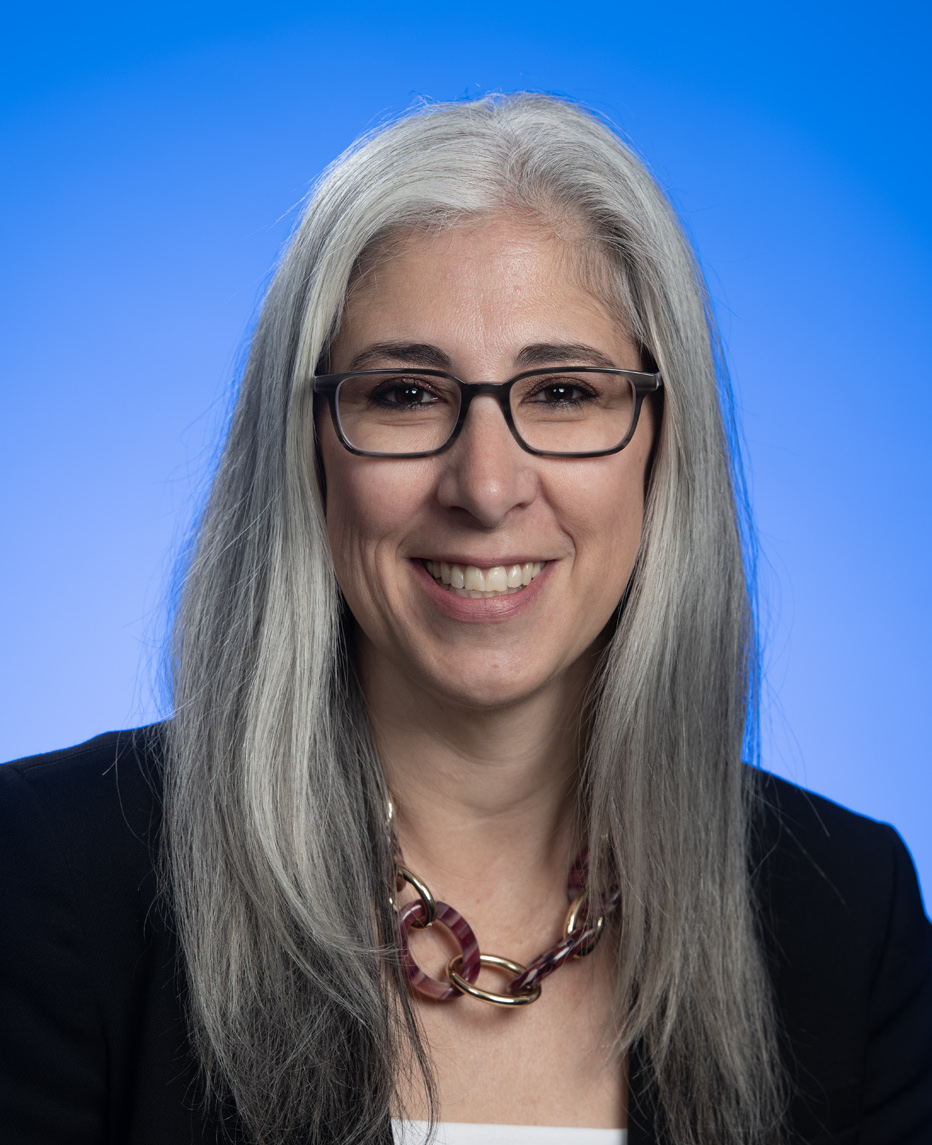
Celebrating Women's HERstory Month with Hilla Sferruzza
Women can build each other up by sharing their stories of success and failure, Sferruzza says.
Hilla Sferruzza is the chief financial officer and executive vice president at Meritage Homes, a real estate development company based in Scottsdale, Ariz. Sferruzza was voted Arizona Businesswoman of the Year – Real Estate in 2011 and CFO of the Year in 2019 by Arizona's chapter of the National Association of Professional Women and Financial Executive International. She is a member of the W. P. Carey School of Business Dean's Council and Finance Advisory Board. We caught up with Sferruzza to ask what Women's History Month means to her.
Question: The theme for this year's Women's HERstory Month is "Celebrating women who tell our stories." What does that theme mean to you?

Answer: I am a voracious reader, so this is easy for me because I love the art of storytelling. Hearing other women share their tales of success and, more importantly, failures they've learned from helps foster our community and creates camaraderie while validating that we are not alone. We all have struggles and challenges; hearing your personal situation has been overcome by others is incredibly encouraging. To be able to learn and "stand on the shoulders of giants," especially by those who likely don't perceive themselves as giant, is our version of the boys' club connections that we crave. And maybe hearing others recount their tales will also encourage more women to share their own stories, which will undoubtedly help another generation of women.
Q: Can you tell us about a woman who has positively impacted your life?
A: The answer for me is clearly my mother. Now, the easy throw-away answer is that, like most mothers, she was my biggest champion, loudest supporter, cheerleader, shoulder to cry on, and sanity grounder. Knowing there is a person in your corner who is behind you 100%, 24/7, is incredibly empowering. However, as a woman with a PhD in the science and chemistry field, where women are traditionally underrepresented, she quietly demonstrated to my sister and me that there is always room at the table for smart, innovative, and insightful parties, regardless of gender. You may have to fight harder, but the opportunity is still there. And with more women breaking through barriers, the fight may get a bit easier every time, but the reward remains sweet.
Q: At this point in history, which includes moments of celebration and setbacks for women throughout the U.S. and the world, what are your thoughts about the time we are living in?
A: Reading the headlines, it sometimes feels like it's two steps forward, one step back. This is a wonderful time of discovery for women in the US, with increased college admissions rates, strides made in the C-Suite and board room, and a general increase in workforce participation. The increased acceptance of paternity leave and "interchangeable" parent roles has been wonderful to see nationally and anecdotally with my younger team members. However, other parts of the world are regressing, with oppression returning to countries that previously fostered women's education and career advancement. We need to push on the gas in the US until we are gender agnostic in education, the workplace, politics, and all aspects of life while remembering that, ultimately, success will need to be measured globally, and we cannot abandon international women's causes. We need to continue fighting for and supporting women's rights globally as aggressively as our rights at home.
Q: What does it mean to support women? How does it impact our communities, country, and world?
A: I believe we should all support each other in a way that is meaningful to each individual, which is at the crux of the "equity" portion of diversity, equity, and inclusion. However, that support will likely be different for women than for their male counterparts. For example, we must include women in meetings and interview opportunities in the workplace to ensure they gain the right experience for future promotions. We also need to encourage and support women candidates at the local, state, and federal levels for elected positions and champion initiatives that promote equity. Perhaps the common thread underlying all forms of "support" is the reminder to be vocal and visible. Our responsibility and duty is to ensure that affected parties know that we are all active and proud supporters of women's initiatives in general, lending our voice and personal gravitas to the issue.
Q: How does access to education change women's lives? How did it change your life?
A: Being the first-born child of two university professors (both of whom taught at ASU!), from a very early age, the importance of education was drilled into my siblings and me. What I only realized halfway through my undergraduate degree was the boost of confidence I would gain from excelling in school. I have always earned high marks and done well academically, but I discounted it to being a big fish in a small pond in high school. In the context of a large university, when I worked hard and continued to outperform my peers, I started believing in my advisor and professors' feedback that I should aim higher, push myself for more, and trust in my worth. The quantitative nature of performance in a school setting eliminated much of the gender biases that can exist in the "real" world. It encouraged me to push for more in a professional setting. I will forever be grateful for the perspective I gained on my capabilities from my undergraduate and graduate studies.
Latest news
- Ethical leadership: Good policy may prompt bad behavior
New research findings reveal how managerial approaches to integrity influence team morale and…
- W. P. Carey alum Paridhi Saboo found passion for analytics and real estate during undergraduate journey
Thanks to the many opportunities available to students at W. P.
- Trump suggested 50-year mortgages. This expert calls that 'renting from the bank'
A veteran housing analyst says stretching repayment over five decades offers minimal financial…